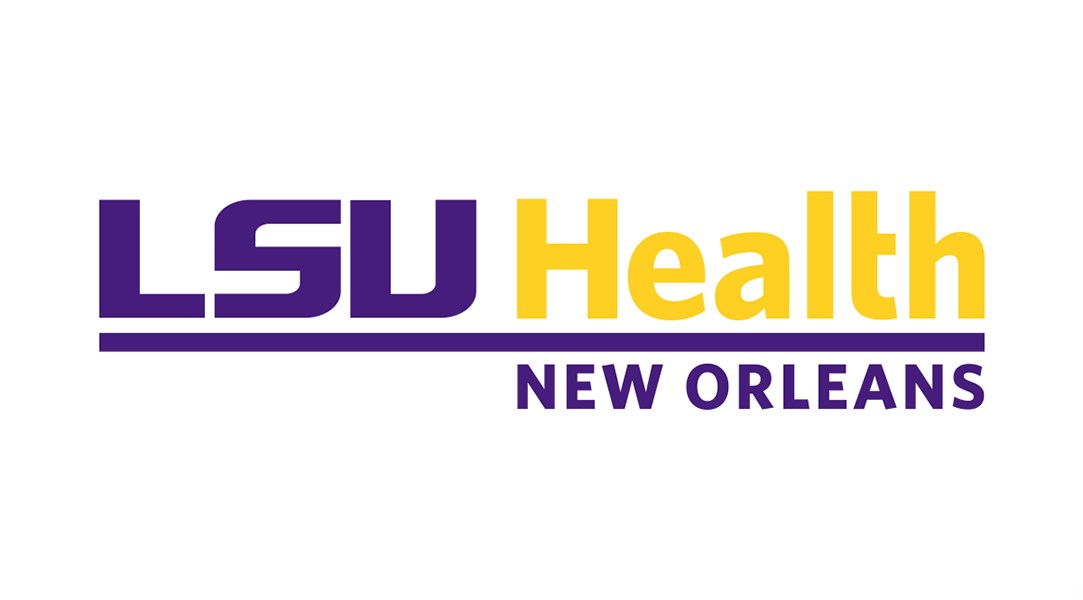LSU Hyperbaric Oxygen Therapy Shows Promise in Alzheimer’s Treatment: Interview with Dr. Paul Harch
Groundbreaking results from LSU Health New Orleans reveal that Hyperbaric Oxygen Therapy (HBOT) may improve brain function in Alzheimer’s patients. In a compelling case study led by Dr. Paul Harch, a patient with early-stage Alzheimer’s experienced significant cognitive recovery—offering hope where conventional treatments fall short.
A New Path Forward for Alzheimer’s Disease
Alzheimer’s disease is the sixth leading cause of death in the United States, affecting over 6 million Americans. Despite decades of research, treatments have largely focused on symptom management rather than root causes. However, Hyperbaric Oxygen Therapy is emerging as a potential breakthrough in neurodegenerative care.
At LSU Health New Orleans, Dr. Paul Harch, a pioneer in HBOT, has treated patients with traumatic brain injuries, stroke, and now Alzheimer’s, using this non-invasive therapy to stimulate brain healing.
Case Study: A 58-Year-Old Woman with Early Alzheimer’s
In a recent report published by LSU Health Sciences Center, Dr. Harch detailed the treatment of a 58-year-old woman suffering from mild cognitive impairment progressing toward Alzheimer’s. She had experienced:
-
Memory loss
-
Difficulty concentrating
-
Word-finding problems
-
Sleep disturbances
-
Personality changes
The HBOT Protocol
The patient underwent 40 sessions of Hyperbaric Oxygen Therapy over 66 days. Each session lasted 50 minutes at 1.15 ATA, using a specialized monoplace chamber.
Remarkable Improvements
Following treatment, the patient reported:
-
Increased memory and concentration
-
Better sleep quality
-
Improved mood and functionality
-
Greater emotional stability and cognitive clarity
Most impressively, brain PET scans showed a 6.5–38% increase in global and regional brain metabolism—a rare, quantifiable reversal in Alzheimer’s-related decline.
“This is the first documented case of significant improvement in brain metabolism and cognitive function in Alzheimer’s disease using HBOT,” said Dr. Harch.
View the official LSU press release.
How HBOT Works in Neurodegeneration
Hyperbaric Oxygen Therapy delivers 100% oxygen at increased pressure, which:
-
Stimulates growth of new blood vessels and neurons
-
Reduces brain inflammation
-
Enhances mitochondrial function
-
Promotes healing at the genetic and cellular levels
These physiological benefits may explain the striking outcomes in Alzheimer’s patients, whose brains typically suffer from chronic inflammation and oxygen deprivation.
Implications for the Future of Alzheimer’s Treatment
While this study represents a single case, it adds to a growing body of evidence supporting HBOT for neurological disorders. Dr. Harch’s findings could pave the way for larger clinical trials and broader adoption of HBOT as an adjunctive therapy for Alzheimer’s and other dementias.
“HBOT has been largely overlooked in neurodegeneration,” Dr. Harch explained. “But as we continue to see measurable success, that’s beginning to change.”
Related Articles
-
Hyperbaric Oxygen Therapy for Alzheimer’s with PET Imaging – A Case Report
-
FOX News: Dr. Harch Discusses Reversing Alzheimer’s with HBOT
Learn More About HBOT
Dr. Paul Harch is internationally recognized for his expertise in hyperbaric medicine. For more information about HBOT for neurodegenerative conditions, or to request a consultation, contact Harch Hyperbarics.


